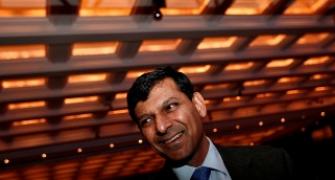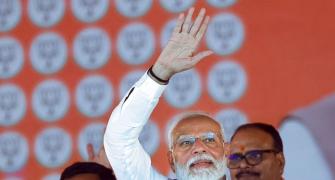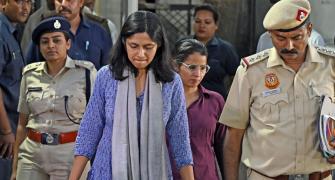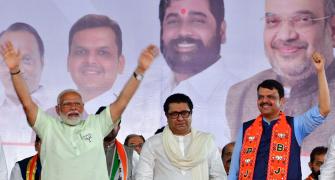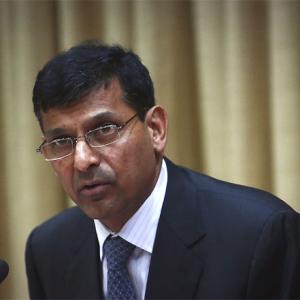 Monsoon uncertainty, increase in oil prices cloud inflation outlook
Monsoon uncertainty, increase in oil prices cloud inflation outlook
The Reserve Bank of India is expected to keep the interest rate unchanged on August 24, in its third bi-monthly monetary policy review for 2015-16.
This was the near-unanimous response of 10 market participants in a poll conducted by Business Standard.
While nine of the respondents said they expected RBI to maintain the repo rate -- the rate at which banks borrow from the central bank — at 7.25 per cent, only one said the rate could be reduced, by 25 basis points.
The market believes the outlook for inflation over the next few months depends on the monsoon rainfall during the rest of the season.
So, RBI Governor Raghuram Rajan might adopt a wait-and-watch approach for now.
Besides, RBI had front-loaded the rate cut, with a 75-basis-point reduction since the start of 2015.
“Food prices remain at the mercy of exogenous events like rains. As such, they also remain the biggest threat for RBI in its desire to lower inflation to four per cent by early-2018,” said Pranjul Bhandari, chief India economist, HSBC Securities and Capital Markets (India), in a note to clients.
India Meteorological Department data show the monsoon this year (June 1 to July 15) has so far been six per cent below normal across the country, despite good rains in June.
And, there are areas that have so far got 20-40 per cent less rainfall than normal. In these areas, if there is no strong pick-up, there are high chances of a drought.
Consumer Price Index-based inflation rose to a nine-month high of 5.4 per cent in June, mainly due to an increased rate of price rise in food items.
RBI has set an inflation target of less than six per cent by January 2016 and four per cent (+/-2 per cent) by the end of the two years starting 2016-17.
Apart from scanty rainfall, which would put upward pressure on food prices, the recent round of increase in energy prices is seen as a concern for retail inflation.
“There is a lot of uncertainty over food prices.
"One also has to see the cascading effect of an increase in petrol/diesel prices on CPI-based inflation and a continued impact of service tax increase on retail inflation,” said Rupa Rege-Nitsure, group chief economist, L&T Finance Holdings.
Also, despite the central bank front-loading the rate cut, banks are yet to fully pass on the benefit to customers -- they reduced their base rates by 25-30 bps in response to the central bank’s 75-bp repo rate cut since January.
There is also a view that RBI might wait for full monetary transmission before effecting another rate cut.
However, the one factor that could prompt RBI to further lower the rate this time is a fragile recovery in economic activity.
“The economy is still weak, and so is monetary transmission.
"There is scope for cutting the rate now, because it would be more difficult when the US Federal Reserve starts increasing its rates.
"Once it starts doing so, we could see an outflow from the Indian bond market due to arbitrage opportunities.
"At that point, RBI will not be able to cut rates,” said D K Joshi, senior director and chief economist, CRISIL.
The market is anticipating that US Fed Chair Janet Yellen will start increasing the rate later this year (2015), as she believes the prospects are good for further improvement in the labour market and the economy.


